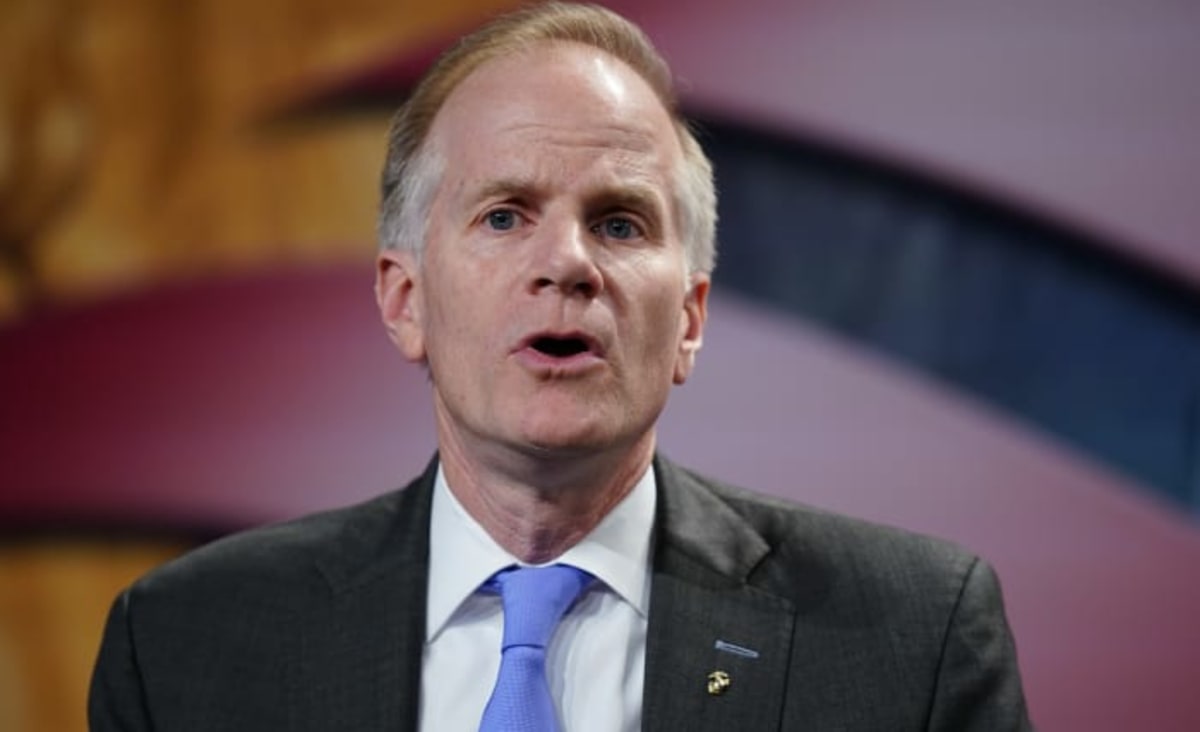
www.local10.com
GOP's energy promises face limits in Pa. governor's race
Republican candidates for Pennsylvania governor are pledging to open up natural gas production, but there are constraints to what a governor can do.
Politics
HARRISBURG, Pa. – Republican Bill McSwain pledges to be a pro-energy governor by “turning on the spigot of natural gas.” Another hopeful, Dave White, says he wants Pennsylvania “to be the energy capital of the world.” A third candidate, Lou Barletta, says having a glut of natural gas in the ground without a pipeline is “like being in college and having a keg of beer without a tap.”
In Pennsylvania, the No. 2 natural gas producer after Texas, the importance of the industry is emerging as a top issue among Republican contenders for governor before the state's May 17 primary.
The issue has taken on new urgency in the aftermath of Russia's invasion of Ukraine, which has revived the debate over how to enhance domestic energy production and spurred a pledge from President Joe Biden to increase liquefied natural gas exports to Europe to undercut Russia's leverage there.
Despite promises by the Republican candidates, however, there are constraints on what they could do in office. While governors have influence over state agencies and lawmaking, they have limited ability to grant what the industry really wants, like building interstate pipelines and big refineries. That’s because other states and federal policy are involved.
“They don’t control those things,” said David Masur, executive director of PennEnvironment, a Philadelphia-based environmental group. “Their power, if elected, stops at the border of Pennsylvania. And if other states have aggressive climate-change agendas, clean-energy agendas, the marketplace makes clean energy competitive, if not cheaper, than fossil fuels.”
Industry leaders describe drilling in Pennsylvania as strong and access to gas as plentiful, with established pipeline rights of way and thousands of wells waiting to be drilled into the nation’s most prolific gas reservoir, the Marcellus Shale.
But for examples of Pennsylvania’s limits, look no farther than its borders.
Democratic governors in neighboring New York and New Jersey have effectively blocked the construction of major interstate pipelines — the Constitution and the PennEast pipelines — carrying gas from Pennsylvania to big metropolitan areas and, possibly, yet-to-be-built refineries to export liquefied natural gas, or LNG.
The states seem unlikely to change that position anytime soon.
New Jersey Gov. Phil Murphy, who won reelection last year, “remains committed” to his promise to reach 100% clean energy in the state and an 80% reduction in planet-warming greenhouse gas emissions by 2050, his office said.
Interstate pipelines and LNG facilities also require federal approval and face opposition from environmental groups, which say natural gas mustn't be a long-term energy solution because it emits the potent greenhouse gas methane.
The industry and its Republican allies contend that natural gas can make the U.S. more energy independent and counter Russia’s influence, while being planet-friendlier than higher-carbon oil and coal.
Toby Rice, president and CEO of Pittsburgh-based gas exploration firm EQT Corp., projects that it would take 6,500 miles (over 10,400 km) of pipeline and $250 billion in LNG infrastructure in the U.S. to serve the U.S. and Europe and substantially cut coal use worldwide by 2030.
Still, scientists are increasingly alarmed at the growing amount of natural gas infrastructure and say it will threaten efforts to slash carbon emissions to necessary goals.
The presumed Democratic nominee for governor, state Attorney General Josh Shapiro, talks of balancing natural gas with expanding renewable energy.
























































